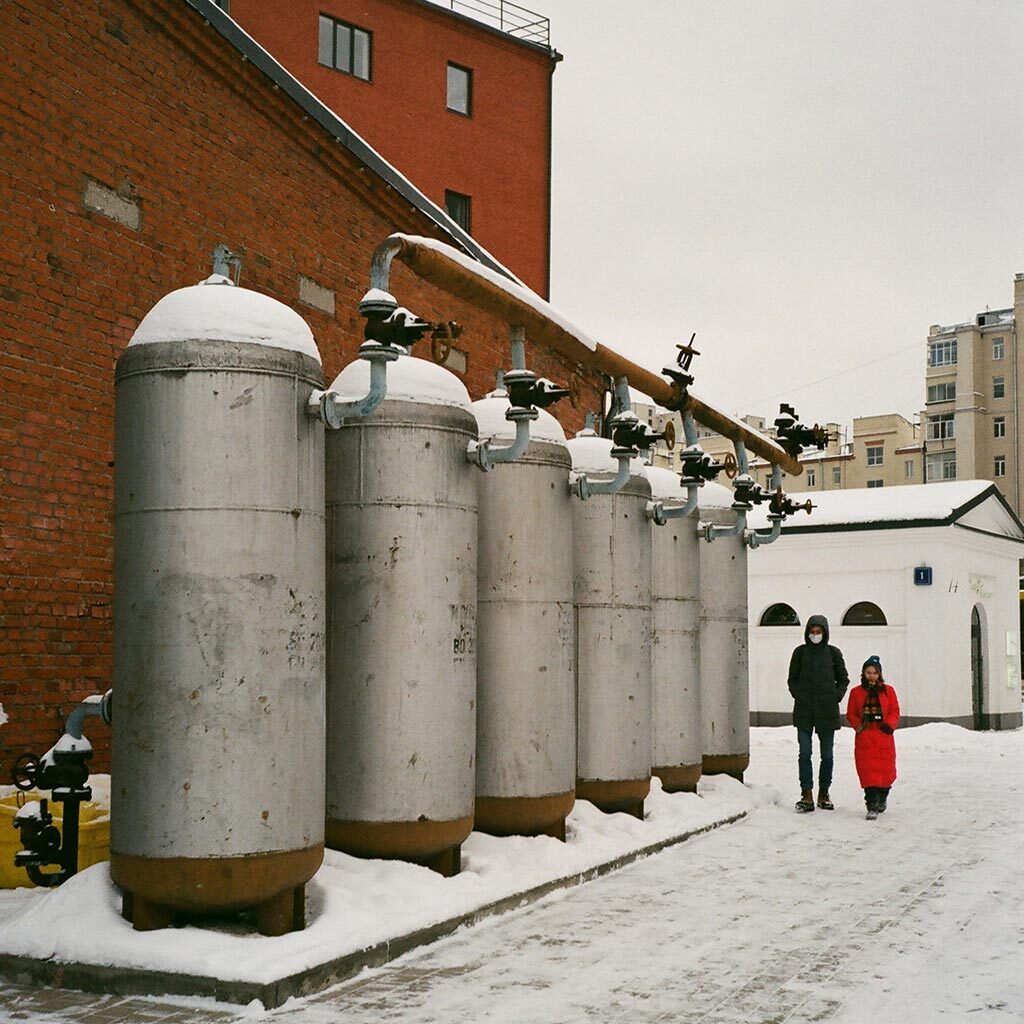
La nuova identità Sistem Air Group
L’evoluzione del logo del Gruppo esprime e anticipa la direzione aziendale determinata dall’espansione in nuovi settori e ampliamento della gamma prodotto

The British have made up their minds and they are not going back. The future lies in hydrogen, but in the meantime the UK government is set to ban the installation of any new boilers using fossil fuel. The timetable, which initially envisaged a ban on new gas boilers from 2025 and all fossil fuel boilers from 2035, is being revised.
It is very likely that 2023 and not 2025 will be the year in which the installation of new gas boilers will be banned. A huge undertaking, but essential for the climate and the pockets of citizens and businesses.
The mad rush of gas prices was certainly among the most decisive factors in anticipating the moves of the UK government and in particular its Business, Energy and Industrial Strategy (BEIS) Committee.
If their proposal is accepted, in a year's time the UK will no longer be able to install natural gas boilers in new homes, but will have to use biomass boilers , district heating or heat pumps or, in the future, hydrogen boilers.
Heating is the largest source of carbon emissions in Britain, accounting for more than a third of all greenhouse gases. Decarbonising the sector is therefore the biggest challenge in tackling the climate crisis, particularly since, as the Guardian points out, it requires action in millions of individual homes across the country.
In addition to the climate aspects, this route is intended to prevent British citizens from suffering excessively from gas bill prices that are set to double.
At the moment only 1 million out of 27 million British homes have a low carbon heating system and 78% of British heating runs on gas. It won't be an easy path for Britain, but it's the right one.


L’evoluzione del logo del Gruppo esprime e anticipa la direzione aziendale determinata dall’espansione in nuovi settori e ampliamento della gamma prodotto

Le energie rinnovabili, come il sole, il vento e l’acqua, giocano un ruolo sempre più importante nella transizione verso un’economia a basse emissioni di carbonio.

La proposta del Libro Bianco di Aiel per abbattere del 70% l’inquinamento da riscaldamento